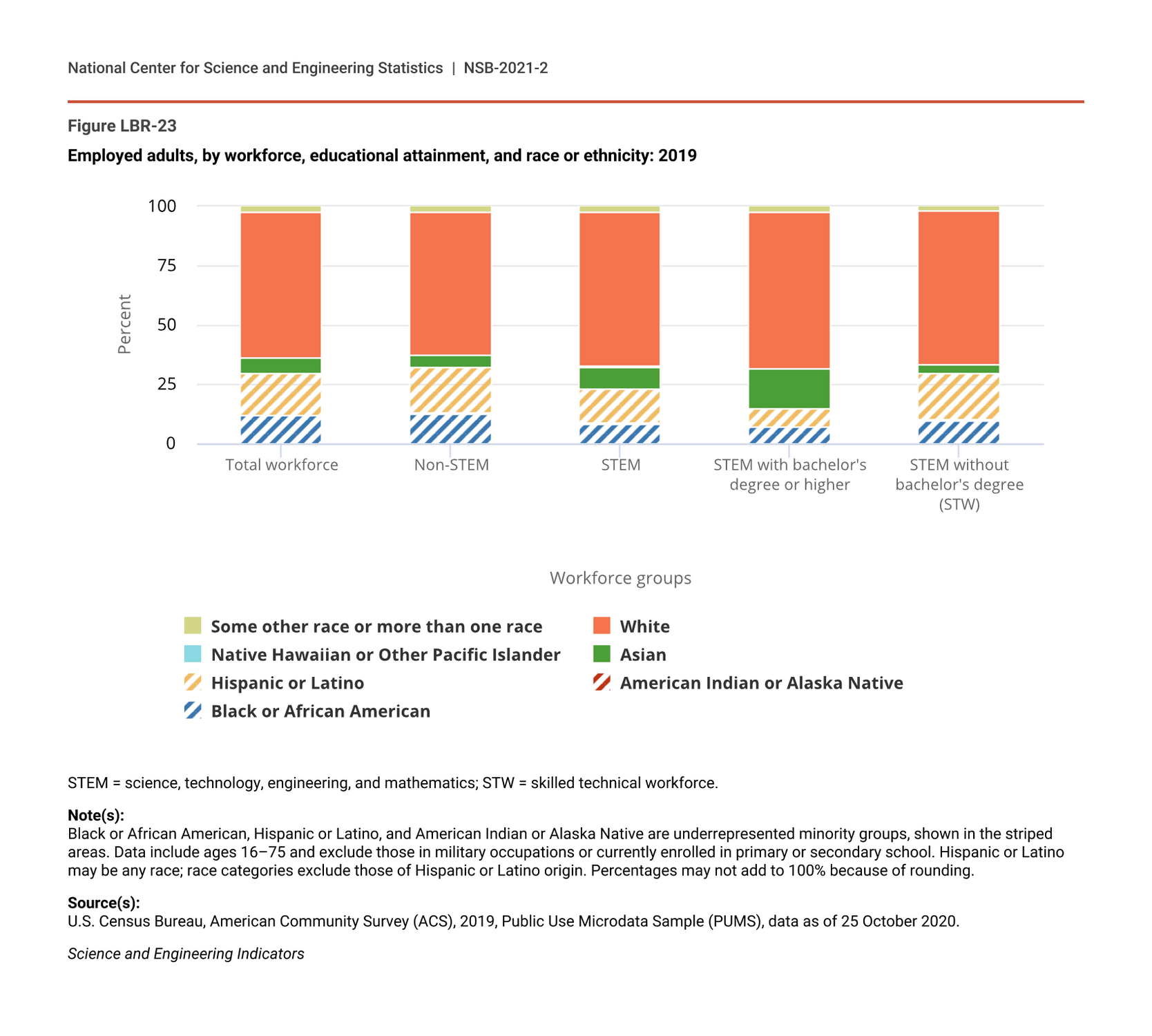Black STEM professionals discuss the 'vital' importance of representation

DENVER — For more than three decades, the Colorado Association of Black Professional Engineers and Scientists (CABPES) has been working to increase representation in STEM fields.
On Saturday, Sept. 24, the organization joined a long line of booths along Denver’s City Park Esplanade for the annual Energy Day Festival. The yearly festival provides a chance for different companies and organizations to highlight the benefits of a career in STEM, which stands for science, technology, engineering and mathematics.
“We try to break down that stigma that a scientist only has blonde hair and blue eyes,” Earl White said of CABPES. “A scientist can look like you, a scientist can look like me.”
White, a Black man, is a board member for CABPES in addition to working as a math tutor, advisor and volunteer with the organization.
The history of CABPES dates back to the late 1970s. Today, there are 120 students registered with the organization, which caters to students in grades 5-12. The nonprofit works to encourage Black students and students from other marginalized backgrounds to pursue an interest in the STEM field.
According to 2019 data collected by the National Science Board (NSB), Black or African American workers make up 12% of the U.S. working population but represent just 9% of STEM workers. White people, on the other hand, are overrepresented in the STEM field; White people make up 61% of the American workforce but they make up 65% of those working in STEM.

For Earl White, that data show the importance of organizations like CABPES. White said the first step to encouraging Black youth to take an interest in STEM is representation.
“Students of color are actually more prone to go into harder disciplines or … disciplines that they may not have had exposure to if they see someone who looks like them, right?” White said.
“It’s actually vital for us to all come together to the table and figure out how we can expose our children to different areas that they may not even have thought were possible,” White continued.
CABPES offers many programs like SAT/ACT college prep and math tutoring and participates in the national Future City Competition. This competition challenges student members to design an energy-efficient city that can solve sustainability issues.
White said the nonprofit also provides a book club that includes fiction and nonfiction books that center Black characters, yet another example of CABPES’s focus on representation.
One of White’s students is 16-year-old Rahil Shah. Shah said he discovered CABPES at a STEM event at Grandview High School. He has been with the program for five years and said he was hooked ever since White taught him aerospace science.
“Just from a younger age I was watching TV and I saw really cool things, like on PBS … with rockets, engines ... And I got more interested,” he said.
White attended Fisk University, a historically black university in Nashville, Tennessee, where he received his B.A. in Chemistry. He later worked at Lockheed Martin as an environmental chemist for six years. White said that he is currently working toward another major in geology and plans to earn a doctorate in planetary science in the future.
“Never let anything stop you, whatever you would love to do it’s out there. If you need to find representation, representation is out there no matter how hard it seems,” White said. “Just being able to find mentors and being able to have a safe space to talk with them is very important. Never be afraid to ask for help because asking for help will get to where you want to go.”
Lindsey Ford is a multimedia journalist at Rocky Mountain PBS. You can reach her at lindseyford@rmpbs.org.